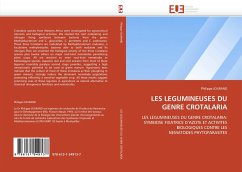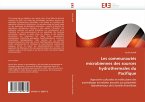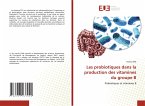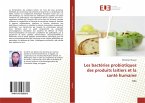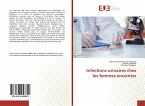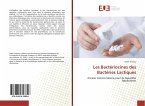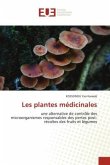Crotalaria species from Western Africa were investigated for agronomical interests and biological activities. We studied the root nodulating and nitrogen fixing symbiosis between bacteria from the genus Methylobacterium and C. glaucoides, C. perrottetii and C. podocarpa. These three Crotalaria are nodulated by Methylobcaterium nodulans, a facultative methylotrophic bacteria able to both nodulate and fix nitrogen.Then we screened the biological activity of the three Crotalaria species plus twelve others on major root-knot nematodes parasitizing plant crops. All are resistant to main root-knot nematodes as Meloidogyne species. Aqueous leaf and root extracts from most of these legumes reversibly paralyse second stage juveniles, suggesting a high nematostatic potential to be used as green manure. Agronomic tests indicate that the culture of most of these Crotalaria as their ploughing in green manure, strongly reduce the dominant nematode populations protecting efficiently a sensitive vegetable crop. All these results suggest promising uses of these legumes in agriculture as natural alternative to chemical nitrogenous fertilizers and nematicides.
Bitte wählen Sie Ihr Anliegen aus.
Rechnungen
Retourenschein anfordern
Bestellstatus
Storno

